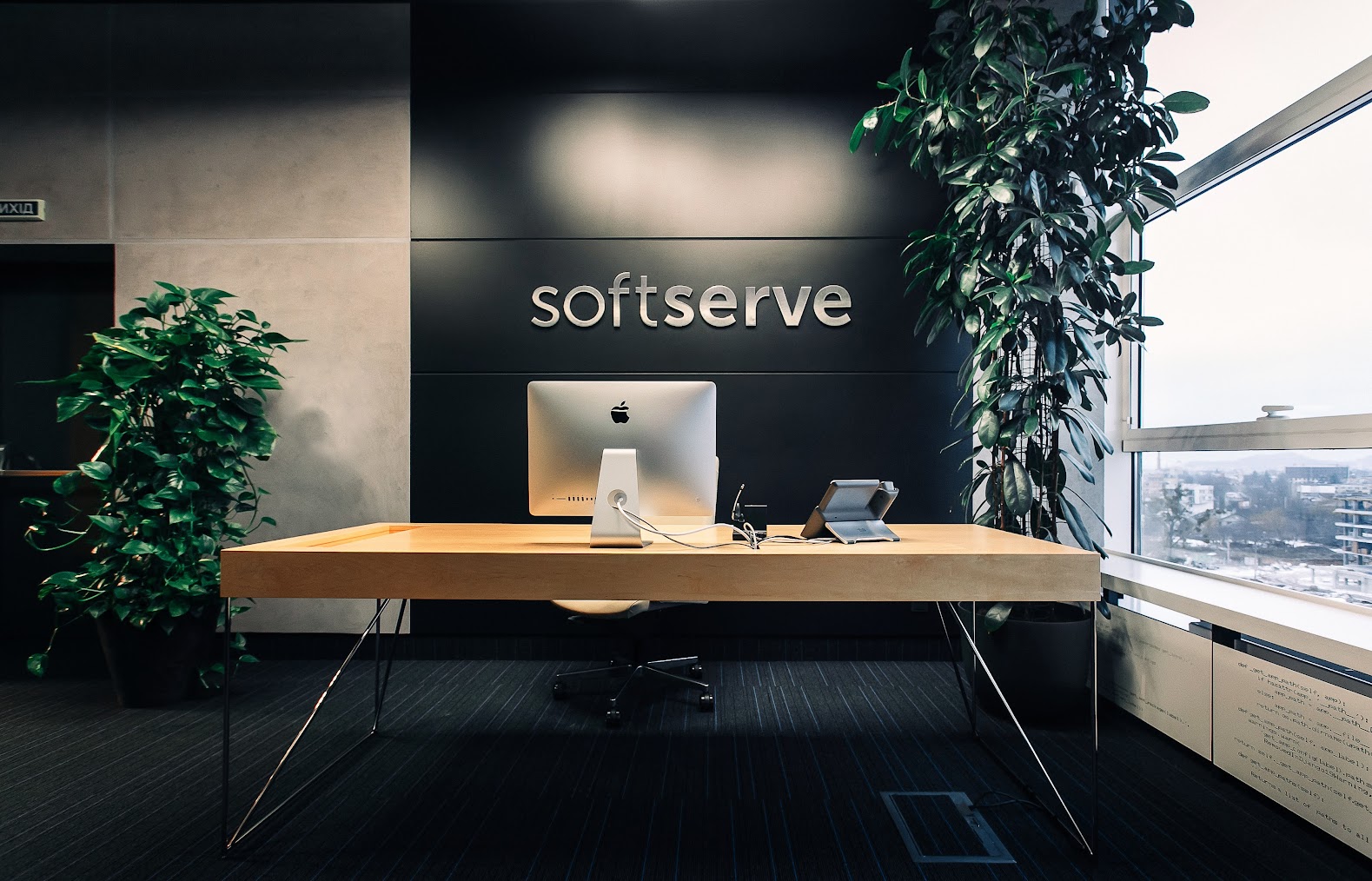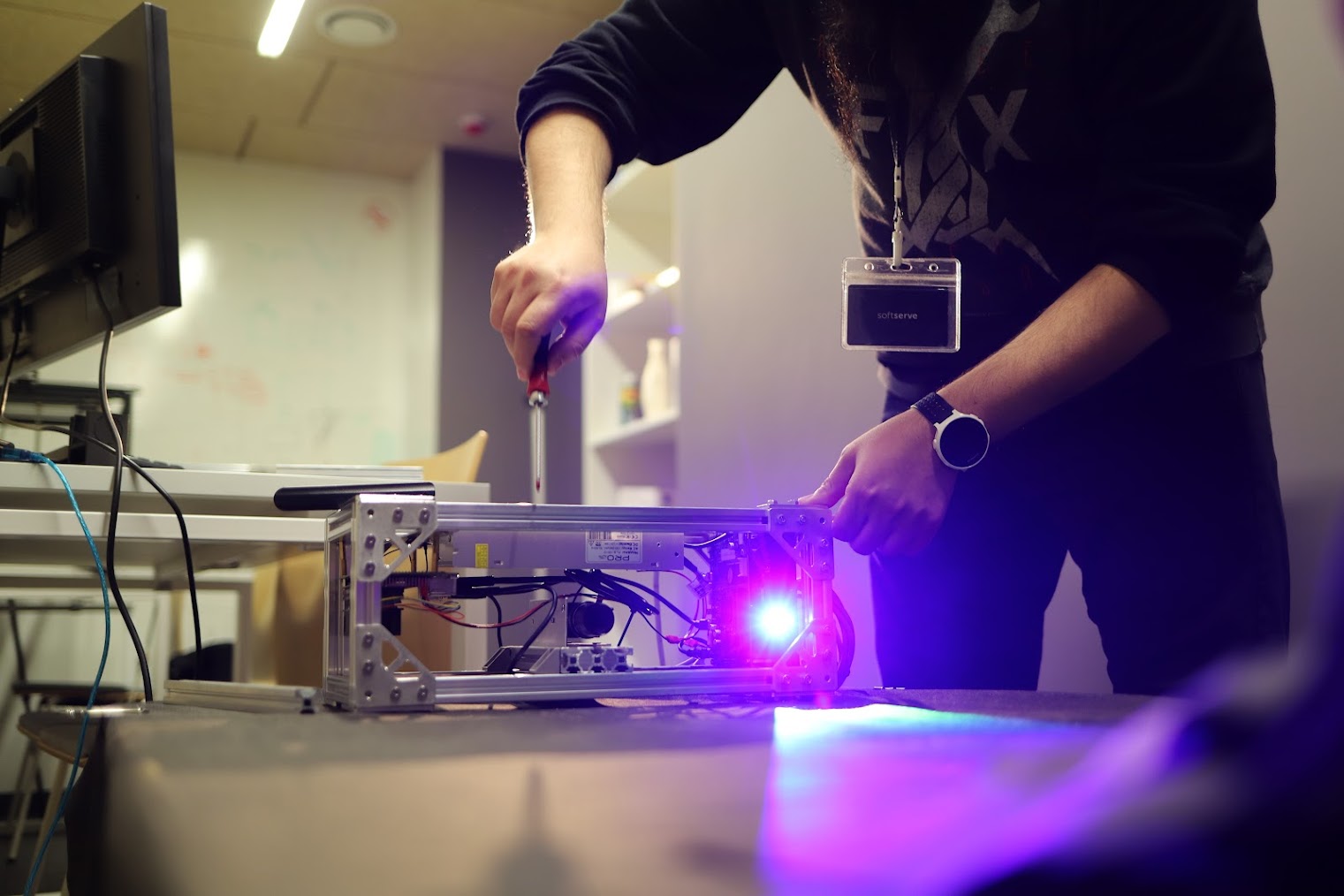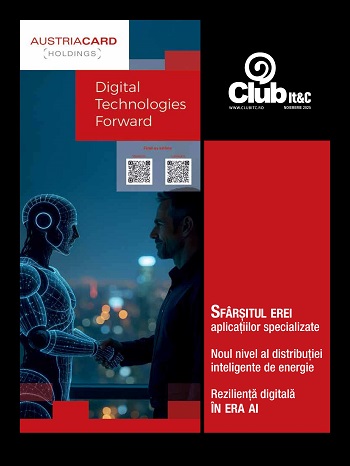SoftServe, a global provider of IT consulting and digital services, analyzes the main ways in which artificial intelligence is transforming modern medicine — from diagnostics and medical imaging to treatment personalization and accelerating the drug discovery process. At the same time, the company is developing advanced AI solutions integrated into international projects, designed to support physicians and improve clinical workflows.

Experts state that artificial intelligence does not replace traditional medicine but complements it, offering a powerful tool for analysis and clinical support. In several medical areas, AI technologies are already demonstrating their potential by increasing accuracy, efficiency, and the speed of medical processes.
1. Diagnostics and Medical Imaging
Artificial intelligence is becoming an indispensable diagnostic partner for clinicians. A group of European researchers recently introduced an AI model capable of predicting the long-term risk of developing more than 1,000 diseases based on anonymized patient data. It does not replace the physician, but estimates the likelihood of specific conditions occurring years — or even decades — in advance.
AI has also transformed the way radiologists detect disease. Deep learning models now analyze X-rays, CT scans, and MRIs with accuracy that frequently exceeds 90%. A recent German study showed that using AI in mammography increased breast cancer detection in women by 17.6%.
“AI demonstrates exceptional sensitivity in medical imaging because it is trained on highly specific datasets,” said Damyr Hadiiev, Senior Science Practice Leader at SoftServe’s R&D team. “Still, models can produce incorrect predictions. That’s why every decision must be validated by physicians. The goal is not to replace radiologists, but to give them a second, data-driven perspective.”
2. Revolution in Drug Discovery
Traditionally, developing a drug takes 10–15 years and costs billions of dollars. AI-based methods can partially reduce both the cost and the duration of this process.
SoftServe’s R&D division has developed the Gen AI Drug Discovery Solution, a platform that uses generative AI and NVIDIA technologies to combine the creation of new molecules with virtual screening. This hybrid approach accelerates early-stage discovery and identifies the most promising compounds for further testing.
“Generative AI gives us a way to simulate what might work before spending years in the lab,” explained Maksym Druchok, Cluster Lead at SoftServe’s R&D team. “It combines the generation of novel compounds with virtual screening. This can significantly shorten the early stages of drug research and help determine their potential for clinical trials.”
However, to date, the market has not yet seen a fully AI-discovered drug reach pharmacy shelves.
3. Personalized Treatment for Every Patient
AI’s influence is equally significant in personalized medicine. Every body responds differently to medication due to genetic, metabolic, and lifestyle differences. Artificial intelligence helps decode these variations by comparing genomic and clinical data with vast databases of similar cases.
“In oncology, AI systems already support personalized immunotherapy, designing treatments specific to each patient’s tumor profile. In nephrology, algorithms adjust dialysis parameters and medication plans based on individual physiology. Endocrinology uses predictive AI to monitor glucose fluctuations and fine-tune insulin pump responses,” Druchok noted.
4. Reducing Administrative Burdens
Beyond diagnostics and treatment, AI is reshaping everyday clinical workflows. Doctors currently spend up to 40% of their working time completing administrative documentation. Intelligent assistants are now automating this work — from generating medical notes to organizing examination data and preparing discharge summaries.
Alongside medical imaging, this is currently one of the most in-demand areas among SoftServe’s clients.

The Future of Human–AI Collaboration
SoftServe experts emphasize that the role of artificial intelligence is complementary to human expertise across all these areas. Physicians remain responsible for final decisions, while AI acts as a precision tool capable of processing large volumes of data and identifying patterns invisible to the human eye.
“AI processes massive amounts of data, identifies patterns a human might miss, and never tires,” said Druchok. “But the doctor brings experience, empathy, and the ability to see the patient as a whole — not just a set of symptoms. And it is still the doctor who must make the final decision and take responsibility for the patient.”
Ultimately, SoftServe specialists say, the successful implementation of these technologies and their role depends on clear regulations, continuous training, and the responsible integration of algorithmic models into clinical practice.




























